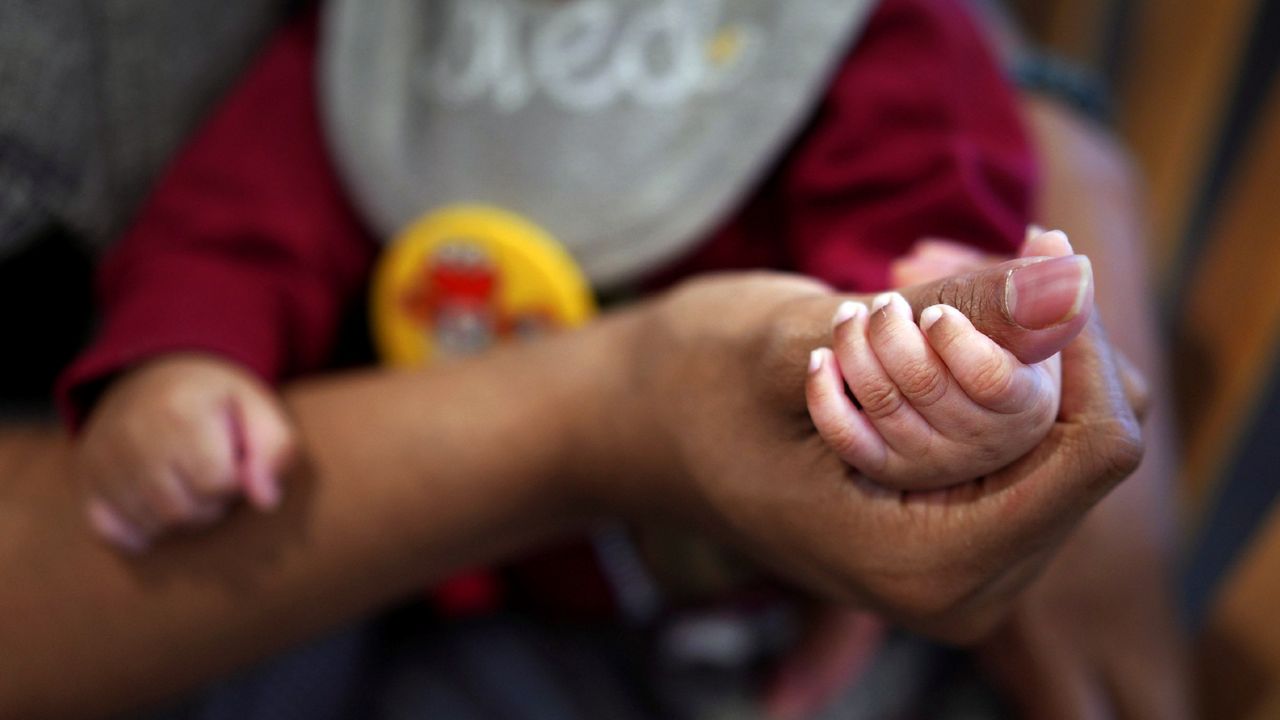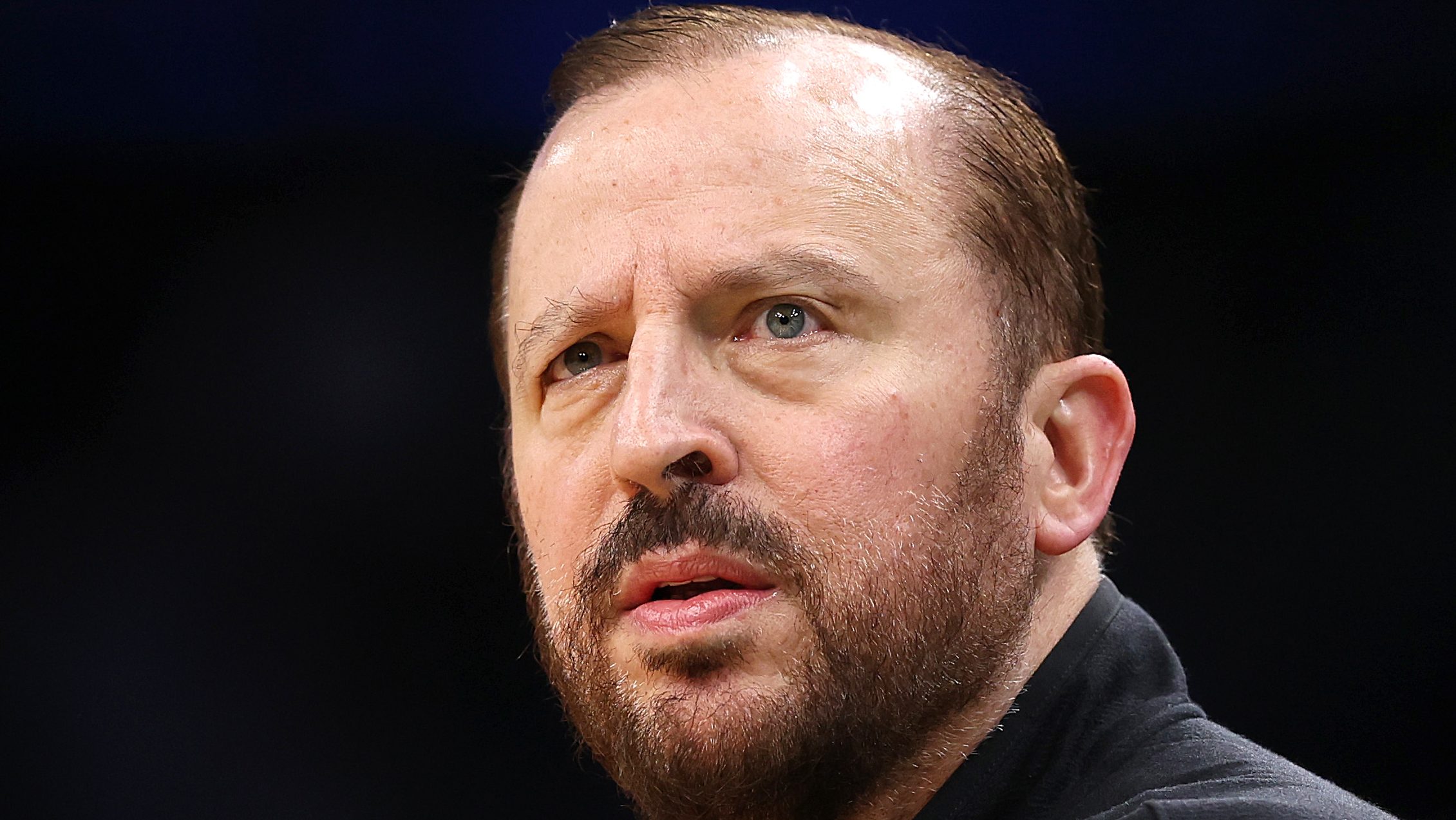Infra
Poll: 74% of New Yorkers support universal child care

Access to affordable child care was a topic of conversation at this week’s Democratic National Convention, and a new poll conducted by Cornell University’s School of Industrial Labor Relations asked New Yorkers about the issue.
Seventy-four percent of respondents questioned as part of the 2024 Empire State Poll said they would support public funding to create a universal child care program in New York. The poll described it as a free public service similar to K-12 education.
More broadly, among the top concerns for individuals and families were the cost of living, crime, immigration and health care costs.
Dede Hill, director of policy at the Schuyler Center for Analysis and Advocacy, said the result was not surprising given the ongoing child care crisis.
“Child care is one of those costs that families are just drowning under,” she said. “For many families with young children, child care is the highest cost. It can exceed their mortgage or their rent.”
While there are varying proposals for how to make it work, Hill emphasized that the central principal remains the same.
“No family would be turned away,” she said.
Russell Weaver, research director at the Cornell ILR School’s Buffalo Co-lab, explained the result was in line with another child care-related question they asked New Yorkers. Forty percent said they were forced to forego employment opportunities because of child care-related challenges.
“When we probed that group as to why that’s the case, why are they forgoing work, the overwhelming majority said it was cost, or there was no child care around them,” he said.
Lawmakers are working to solve the crisis. Multiple bills are heading to Gov. Kathy Hochul’s desk in the coming weeks that hope to chip away at issues of affordability and availability.
One would make it easier for parents who work off hours to access child care assistance, another would allow for presumptive eligibility, fast-tracking paperwork and helping parents who are in the hiring process, or newly hired access benefits right away. A third bill would eliminate minimum earning requirements for care. Ironically, those limitations can bar child care providers themselves from accessing assistance if they earn under minimum wage.
If the public seems supportive of full-fledged universal child care as lawmakers chip away at it piece by piece, what are the road blocks?
“Building up the political momentum in Albany to actually pay for it,” said State Senator Jabari Brisport, who sponsors the effort.
He explained disagreements about who should pay for it.
“There is a persistent belief that universal child care would be great, but the federal government should pay for it,” he said. “That’s a road block we have come upon a lot in Albany.”
While he stressed that his preferred solution is raising taxes on the wealthy, on a broader level, it’s about building support.
“We’ve seen the more people are speaking up for this, the more we can do. So we’re working on getting more parents, more organizations,” he said.
While Hill insists it’s up to lawmakers like Brisport to figure out exactly how it would be paid for, she argues for following the model of existing child care subsidies, where both the state and federal government, as well as local governments, chip in.
“That seems very appropriate because all levels of government should be investing in our youngest children and our youngest learners. So it seems like the way forward is expanding that pot,” she said.










